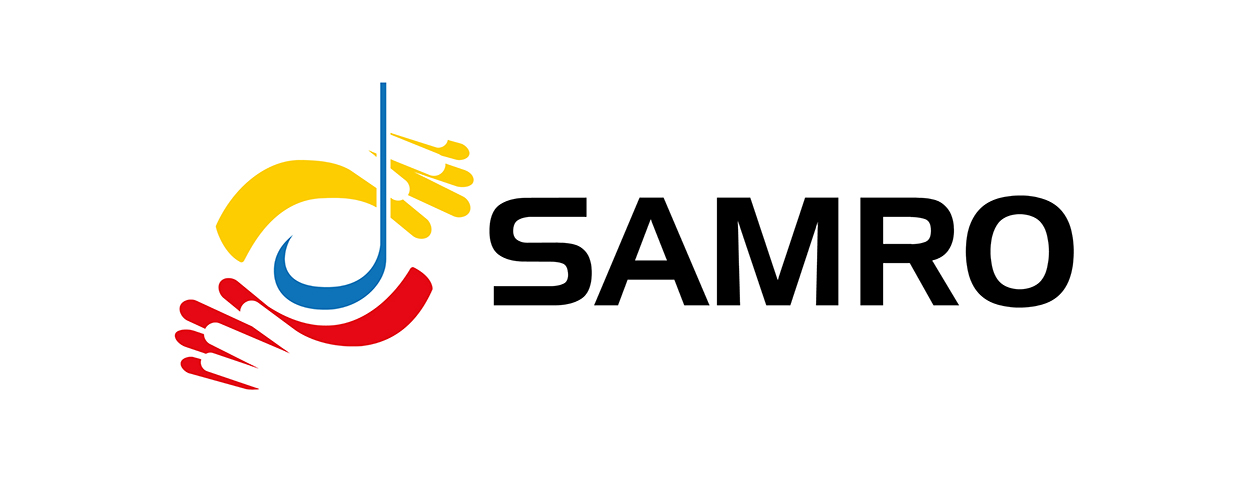This website uses cookies so that we can provide you with the best user experience possible. Cookie information is stored in your browser and performs functions such as recognising you when you return to our website and helping our team to understand which sections of the website you find most interesting and useful.
Business News Labels & Publishers Legal
South African collecting society in spotlight after gospel star hits out over underpaid royalties
By Chris Cooke | Published on Wednesday 4 April 2018

South African collecting society SAMRO has said that it is aware that some songwriters and music publishers want its policies related to derivative works changed. This follows a report in South African newspaper City Press about an apparent “billion rand scheme” which allegedly sees certain writers lose out on a significant portion of their royalties.
A SAMRO spokesperson disputed the amounts of money being redirected as a result of these policies, while also insisting that other song right collecting societies elsewhere in the world have similar rules relating to reworks of public domain compositions.
City Press’s report focuses on gospel star Hlengiwe Mhlaba, who claims that she has been deprived of royalties by both her former producer and manager – another gospel artist called Sipho Makhabane – and her collecting society, ie SAMRO.
Mhlaba and her lawyer Graeme Gilfillan say that SAMRO has been underpaying royalties due to the singer on 24 of her songs, which include most of her biggest hits to date. Those 24 works are new arrangements by Mhlaba of traditional songs, so in copyright terms derivative works of public domain music.
Anyone can adapt or rework music that is no longer protected by copyright. A new copyright then exists in the adaptation which – by default – is usually owned by the adaptor. That person can then monetise, license and assign the new copyright as they see fit.
Gilfillan says that on those 24 songs, Mhlaba was only being paid 16.7% of the royalties that were due to her. According to SAMRO’s database, the other 83.3% of royalties were then being allocated to a mysterious entity called ‘DP’.
Gilfillan says that ‘DP’ is short for dominus publicus, ie ‘public domain’. Its use in this context seems to relate to a society rule that says where public domain works are adapted, the former owners on the now public domain work should share in any royalties generated by the newly derived piece. Even though this is not what copyright law says should happen.
SAMRO spokesperson Andile Ndlovu told City Press that “this matter relates to a historical or legacy rule applied not only by SAMRO but other similar organisations in other territories”, based on a “view” that the original composer would still be a rights holder.
Gilfillan claims that as much of 1.2 billion rand – nearly £72 million – may have been redirected as a result of this legacy rule since SAMRO was set up in the early 1960s. Ndlovu dubbed that figure a “gross exaggeration”, but did add: “SAMRO is aware that a number of members wish for its rules and policies around this matter to be changed. However, it would be impractical to address these concerns on a case-by-case basis”.
Gilfillan says that this DP practice affects numerous artists who have created and performed derivative works, including some American acts. It’s not clear what happens to the money allocated to DP, but the suspicion is that the system favours the big music publishers because of the way unallocated monies are often shared out by collecting societies.
City Press also asked SAMRO how companies controlled by the aforementioned Makhabane have been claiming the publisher share on Mhlaba’s works when no written agreement exists between the two former collaborators.
On that issue, Ndlovu stated: “We will not pick a side in this matter, however, if there was corruption on Makhabane’s part, SAMRO will take the appropriate actions to ensure that this matter is resolved, taking into account the interests of both members”.





